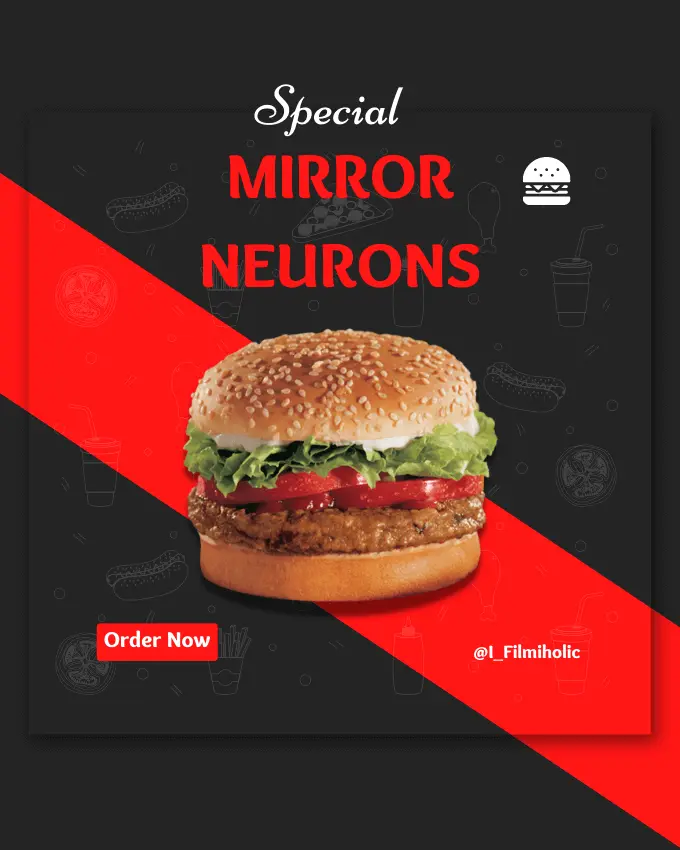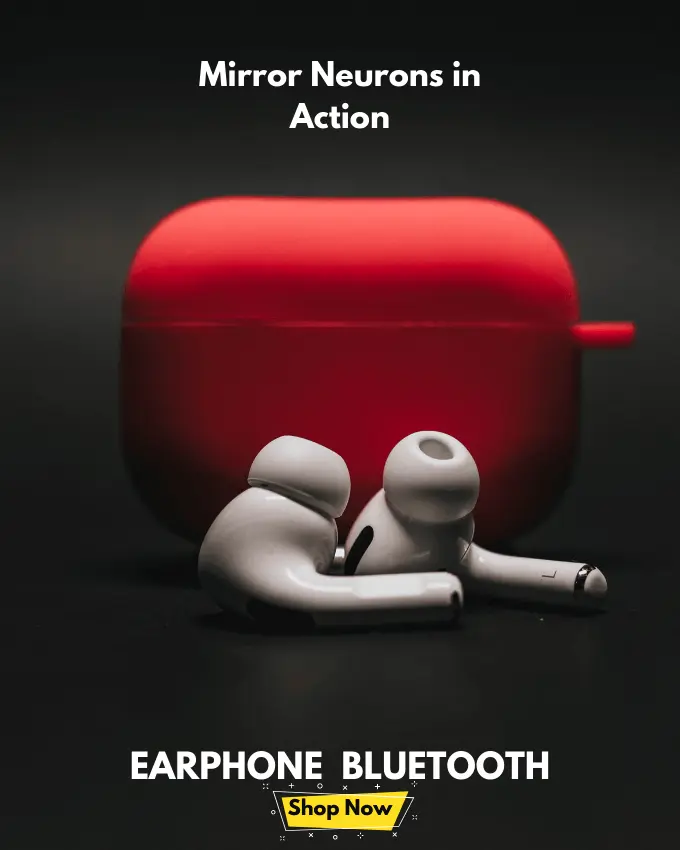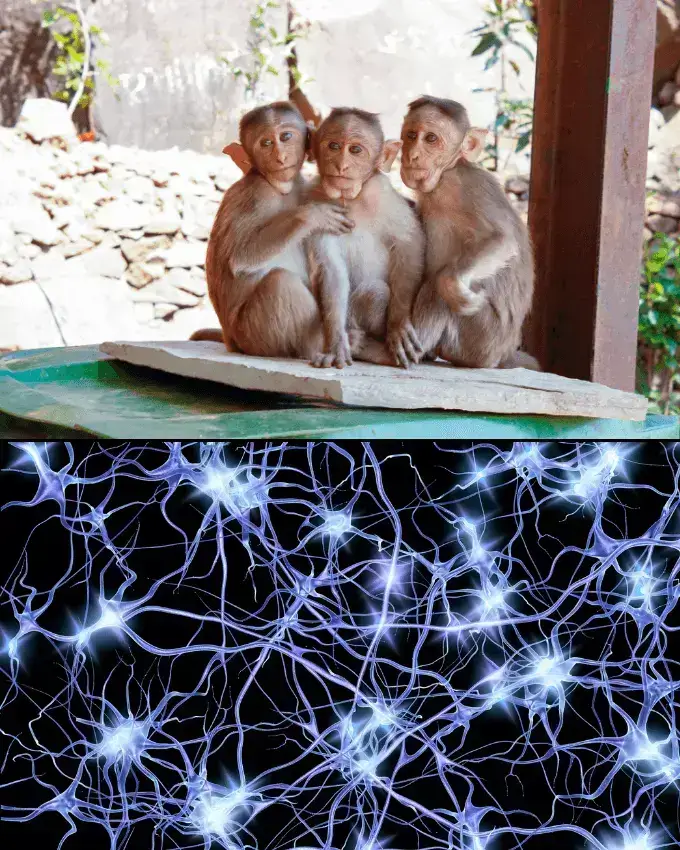Have you ever heard this word “Mirror Neurons” before? This post is all about mirror neurons, the magical elements in our brain that make us mimic others, especially their buying behaviors.
Magic Brain Cells: Understanding Mirror Neurons

Imagine you’re watching a movie. In the show, Sharukh Khan is biting into a huge, juicy burger. Even though it’s just a movie scene, you suddenly feel your mouth watering, don’t you? Why? It’s because of something super cool in your brain called mirror neurons. They’re like magical brain cells.
Think of them as your brain’s very own empathy conductors, always ready to mimic and reflect what’s happening around you.
In a nutshell, mirror neurons are a driving force behind how we perceive and interact with the world. And marketers, they’ve been smart about it. They know that by creating engaging and relatable experiences, they can tap into this ‘mirror’ mechanism of ours, influencing our decisions.
That’s why we have life-like mannequins in clothing stores, smiling faces in advertisements, or why tech companies make unboxing videos. It’s all about triggering those mirror neurons to say, “Hey, that could be me!”.
Monkey Brains & Mirror Neurons
Remember how Monkeys imitate you at zoo, or the story where a guy throwing stuff and monkeys repeating the same? It was an instance of mirror neurons at work.
Just like how monkeys imitate actions of their peers, humans too mirror each other’s buying patterns. Spot a pair of trendy earphones in a stranger’s ears, and our brains automatically trigger a desire to own those fancy accessories. Sounds familiar, doesn’t it? But it’s much more than a simple craving.

Imagine a trip to the mall, a common activity for many of us. As you walk past the Gap’s window, a mannequin stylishly dressed in worn-in jeans and a summery white blouse captures your attention. It’s chic, appealing, and you suddenly think, “That could be me.” With the newly purchased outfit in hand, you stride out, feeling like you just bought an image, an attitude.
Let’s take another scenario: browsing Amazon as a bachelor. After watching the latest gadget with your favourite cricketer wearing it, you may walk out of the store owning it. You’ve just experienced what it feels like to be a rock star! (Only if you are a bachelor and have a decent pay check 😉 )
In both cases, the mirror neurons in our brains helped us imagine what it’d be like to step into different shoes, leading us to make purchases.
Monkey see, Monkey do: Mirror Neurons in Action

Let’s take a quick look at another study, the ‘Smiling Study’. As you’d guess, volunteers who interacted with a smiling agent reported a more positive (imaginary) experience and were more likely to continue patronizing the company. In other words, a simple smile can greatly influence our shopping decisions.
This ‘monkey see, monkey do’ phenomenon also translates into the online world. For instance, the massive popularity of ‘unboxing’ videos on YouTube demonstrates how we derive pleasure from watching others open new products. Mirror neurons? Quite possibly.
Ever noticed a product you initially disliked become increasingly appealing after seeing it everywhere? In my case, it’s Nothing phone, I found it so creepy but later I start loving it. This transformation from ‘hideous’ to ‘must-have’ is another example of how our buying behavior can be influenced by repetition and imitation. Be it fashion trends or the latest electronics, we aspire to own what we see around us.
However, our mirror neurons are not working alone in this. They often collaborate with dopamine, the pleasure chemical in our brain. When you see something enticing, like a shiny Iphone or diamond earrings, a dopamine rush gives you a short-lived high. In just 2.5 seconds, you make the buying decision. As the dopamine recedes, you might start questioning your purchase.
Does shopping make us happier? Scientifically, yes, albeit temporarily. This happiness can be attributed to dopamine, causing a burst of good feeling that fuels our instinct to keep shopping. It’s our emotional brain wanting to max out the credit card, even as our logical brain advises caution.
Conclusion: Mirror Neurons
In conclusion, our purchasing decisions are significantly influenced by mirror neurons and dopamine. This is where Marketing becomes Neuromarketing. Read more about Neuromarketing here with case studies.
So the next time you feel an urge to buy something just by seeing someone else enjoy it, remember your tiny friends, the mirror neurons, are at play. And it’s not just about buying stuff, these neurons help us connect, understand, and empathize with others. Truly, a marvel of the human brain!
1 Comment